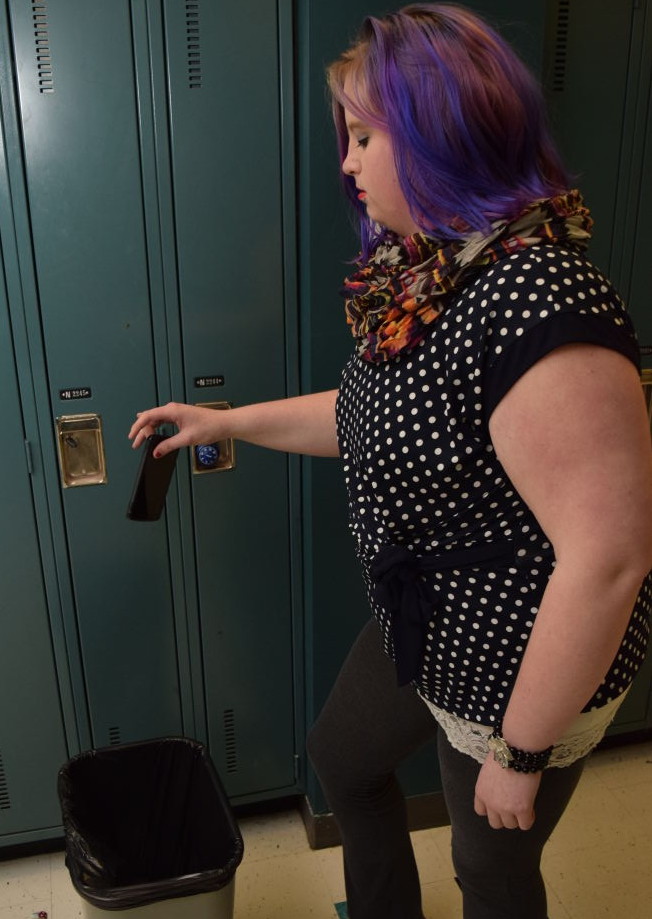
The college has suspended a program with what is being called “a lack of due process and public input.”
Jack Wilson, Ontario Public Service Employees Union local 415 vice president and professor in the Police and Public Service Institute, says that suspending the wireless/mobility telecommunication engineering technician program was done by a very peculiar process, and not in a way the college should be operating and making decisions.
The decision was made during a board of governors sub-committee meeting that was not open to the public prior to the Feb. 2 meeting of the full board of governors. In the past, decisions to suspend were open to all staff, students and industry professionals concerned about the fate of a program, said Wilson.
“There would at least (have) been some type of appeal process if the public were aware of the threat to the program.”
A recent example of this process was the horticulture program. It was up for consideration for suspension, but was saved from the brink when industry professionals and the community expressed how necessary the program was and instructors showed how it could be improved.
Both of the wireless program’s full-time professors have been assured that they will be reassigned to another part of the college once the program finishes in April of 2016.
“We don’t know what is going to happen to the non-full-time people because they have no protection,” said Wilson.
The mobile technology field is growing tremendously fast. It was reported by the Canadian Wireless Telecommunications Report in 2011 that the industry generates around $41-billion annually for the Canadian economy.
There were questions being asked by the program’s coordinator in the most recent edition of the OPSEU 415 newsletter Local Lines, Gerry Crichlow, of why the program was under-supported. He says that the program wasn’t properly invested in from the very beginning.
The Times contacted Crichlow March 23, he declined further comment.
“I dream of the day when somebody would explain to me in clear concise terms why the wireless/mobility programs were so under-supported from the day they were created,” Crichlow said to the most recent OPSEU 415 newsletter Local Lines.
According to Local Lines, labs were not adequately equipped and support staff was not hired. The money could have come from sources other than the college if assistance was solicited from the industry and from all levels of government, he was quoted as saying
The lack of investment in the program lead to dissatisfied students which resulted in a low retention rate.
When the program was put on the docket for suspension last fall, Crichlow noted that the labs weren’t properly supported, purchased equipment arrived late and contributed to the poor retention of students.
“It is ironic (that) we are propping up a college in Saudi Arabia with a low retention rate and we are getting rid of a program with community support that serves Ontarians,” said Wilson.
Various officials at the college were contacted by the Times as early as March 23. Algonquin officials including public relations officer Phil Gaudreau and board of governors chair Jim McIntosh did not provide a statement about the program suspension by press time March 26.


